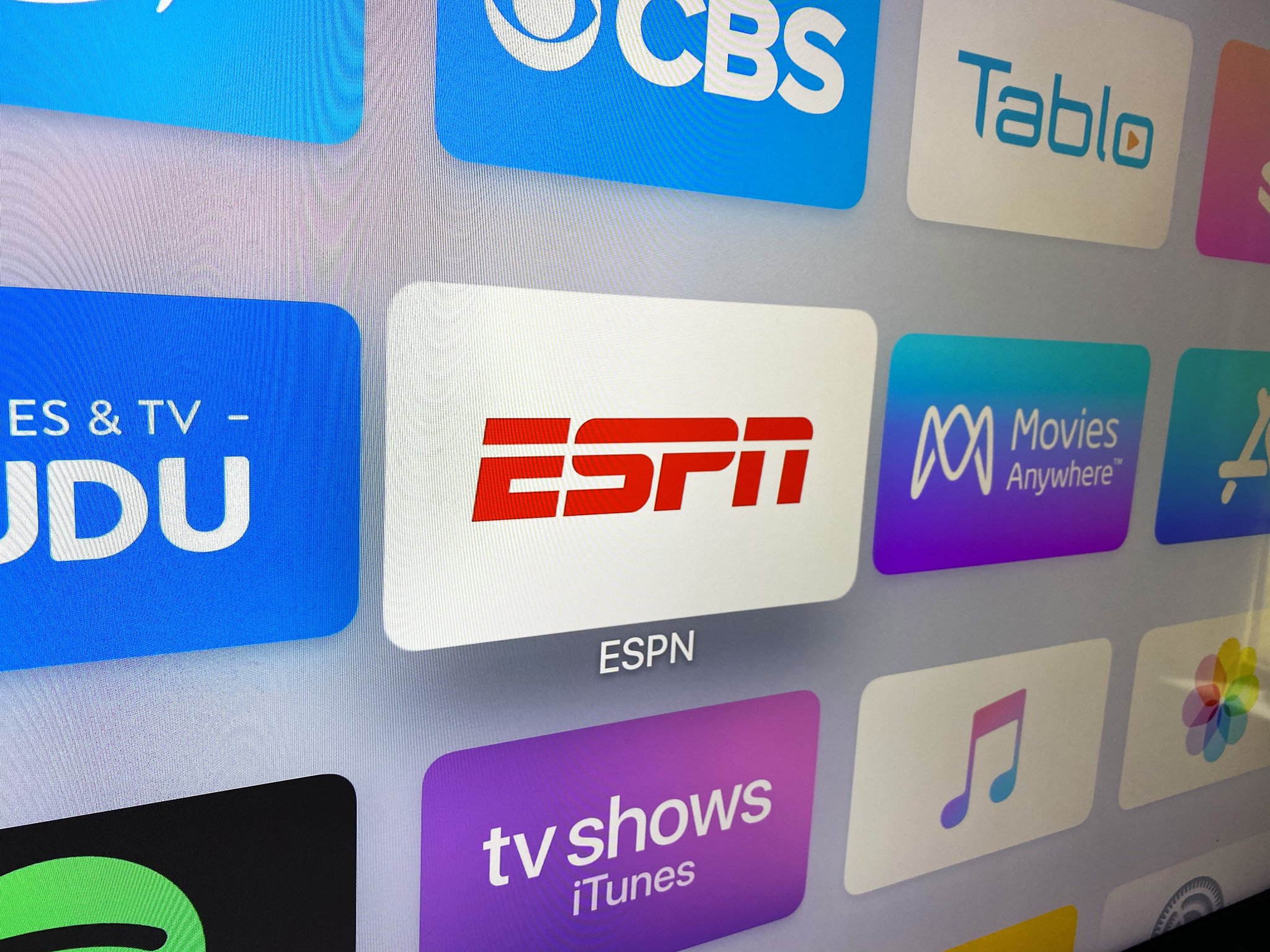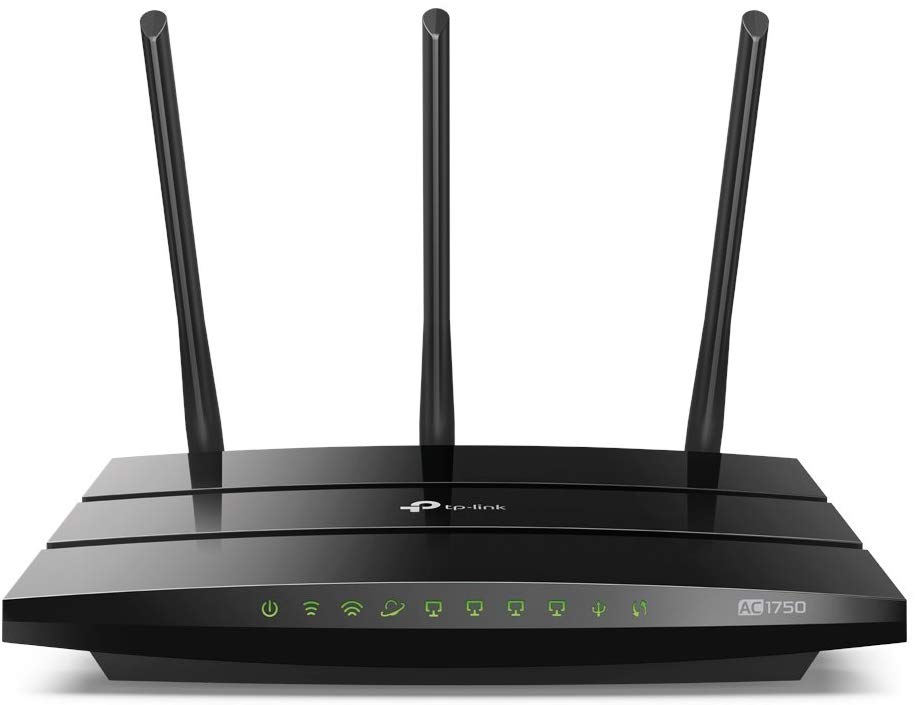The CordCutters guide to streaming video while you're supposed to be working from home
On one hand, everything has changed. And on the other, it's all the same
The latest updates, reviews and unmissable series to watch and more!
You are now subscribed
Your newsletter sign-up was successful
Want to add more newsletters?

ONCE A WEEK
What to Watch
Get all the latest TV news and movie reviews, streaming recommendations and exclusive interviews sent directly to your inbox each week in a newsletter put together by our experts just for you.

ONCE A WEEK
What to Watch Soapbox
Sign up to our new soap newsletter to get all the latest news, spoilers and gossip from the biggest US soaps sent straight to your inbox… so you never miss a moment of the drama!
You can't even open a computer at this point without being bombarded by Coronavirus news, and tips for coping with an enemy that you cannot see, very well may not be able to avoid, and possibly have already been around.
Such is life in the time of COVID-19.
There's a new cottage industry of content for helping folks navigate the work-from-home life. And to be fair, that's something a good many of us have been doing for years and have since taken for granted. Throw in the added complication of kids being out of school — be it for Spring Break or the newly popular Spring Break: Quarantine Edition — and your new home office can become quite overwhelming.
But for our part, what's changed? Streaming video while you're working from home is pretty much exactly like streaming video when you're home instead of being in the office. Same TV. Same services. Same connections.
But that doesn't meant there are some things you should consider. Here they are, in no apparent order.

Re-audit what you're spending, and what you're spending it on
It's real easy to start racking up the monthly charges for all the various streaming services. Fifteen dollars here for Netflix. Another $15 there for HBO. Another $10 (more or less) for Hulu. And ESPN+. And Disney+. And CBS All Access.
Now is the perfect time to make sure you're not paying for services you're not watching.
The point is — and this is the crux of this whole streaming video thing — is that you now have more control over what you're watching and what you're spending than ever before. But that doesn't mean you don't still have to do a little homework.
The latest updates, reviews and unmissable series to watch and more!
Now is the perfect time to take stock of all the streaming services to which you've subscribed and decide if it's still worth that monthly price. If you're done with The Mandolorian and are no longer watching anything on Disney+, maybe pause it for a little while. If, when Star Trek: Picard wraps up its first season in a couple weeks and there's nothing left on CBS All Access to pique your interest, maybe hang it up for a bit. Sports have almost completely shut down, so maybe that ESPN+ subscription could use a rest.
(There's also a strong argument here for paying month-to-month instead of annually — not that a Coronavirus shutdown is likely to happen on a regular basis, but because it gives you more flexibility with your money.)
So take a few minutes and figure out how much you're spending on all your streaming services, and whether they're all still worth it.
Consider the state of your network and internet connection

Your internet connection — your modem and router, really — is the heart of your work-from-home life. Slow internet speeds and spotty connections will turn the novelty of working in your PJs (which you really shouldn't do anyway) into a nonstarter.
That can become even more of an issue when you have other family members stuck at home with you. Multiple video streams can quickly tax your bandwidth or, worse, burn through data caps. (More on that in a minute.)
Nothing makes working from home worse than not actually being able to work.
So consider whether it's time to bump up that old 10Mbps connection up to something quicker, if possible — even if it's only temporary. And generally speaking ISPs are more than happy to take your money now and deal with the possibility of you ratcheting back the service later. (In fact, often times you can speed things along by asking for the retention department and flat-out asking what they can do to help lower your bill.)
But the short version is that faster is always better than slower — especially when you have everyone on their various devices all day, instead of for just a few hours.
And back to that data usage cap. It's not unusual for an ISP to charge extra or slow your speeds when you hit a certain theoretical threshold. (One terabyte is the usual number these days.) And when you have a lot of people doing a lot of internet things at the same time, you might well run into that theoretical limit way sooner than you'd expect.
The good news is that some ISPs already are increasing speeds and removing limits to help deal with the crunch. But it's very much worth looking up your specific ISP to see exactly what it is they're doing. If speeds are being increased but data usage limits aren't lifted, you're going to hit them that much faster. So call your internet service provider and see.
It's also a good time to take a look at your hardware. While nobody wants to spend more money than is absolutely necessary in uncertain times, a substandard router or modem isn't going to do you any favors while you're stuck working from home.
And you don't have to go out and spend $300 or more for the most badass router with tentacles for antennae. Likewise, you maybe don't want to experiment with mesh networking just yet. But take a lookout your router. If you're not using something that supports 802.11n or faster (that's Wifi 4, for those who prefer the newer standard), it's time to upgrade.

A great router for everyone
Fast, inexpensive, and it won't scare anyone
This is the router you get when you just want a good wireless router without spending an arm and a leg, and without making your living room look like some avant garde art piece.
Turn off the TV while you're 'working'
This one maybe should be a little more obvious, but it does bear repeating: If you don't normally work with a TV on in the background in the office, it's probably not a great idea to have Netflix streaming the whole time you're working from home.
That could well vary from person to person — some folks handle that sort of thing just fine — but virtually every work-from-home guide recommends treating your new office as similar as you can to the old office. That means putting on pants. That means minimizing distractions. That means setting dedicated work hours and a dedicated work space.
And for most of us, that's also going to mean turning off the TV.
And for the love of all things holy — if you are going to have the TV on in the back ground while you wait for Bill in Accounting to finish screenshared PowerPoint presentation, keep the thing on mute. And maybe keep what you're watching SFW.
Trust us.
The bottom line
Streaming video while you're stuck working from home is mostly like streaming video when you still had an office to go to. It's just that the lines between work and home have mostly been erased. But you need to build that barrier back up.
Keep your TV time separate from your work time. Don't watch anything while you're "working" from home that you wouldn't watch in the middle of your office. (Durring your new "office hours," anyway.)
Don't suffer with a sub-par network. If you're working from home, you simply can't be waiting for your internet connection to catch up.
And take another look at what you're spending on all your streaming services. Because now, perhaps more than ever, it's time to cut back as much as we can.

